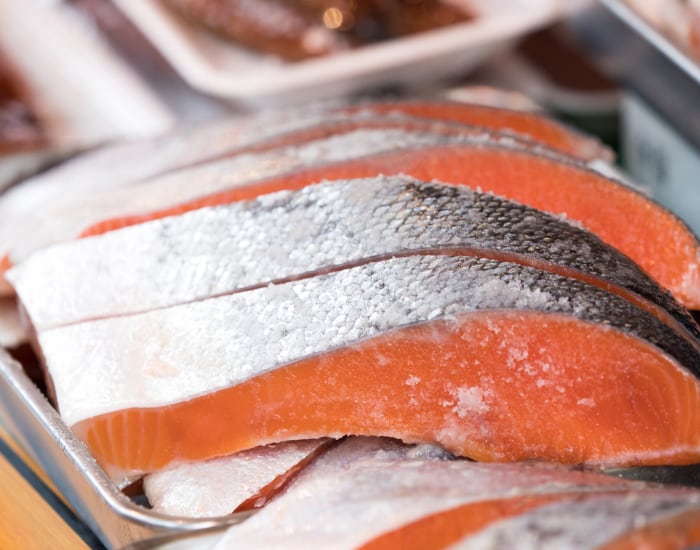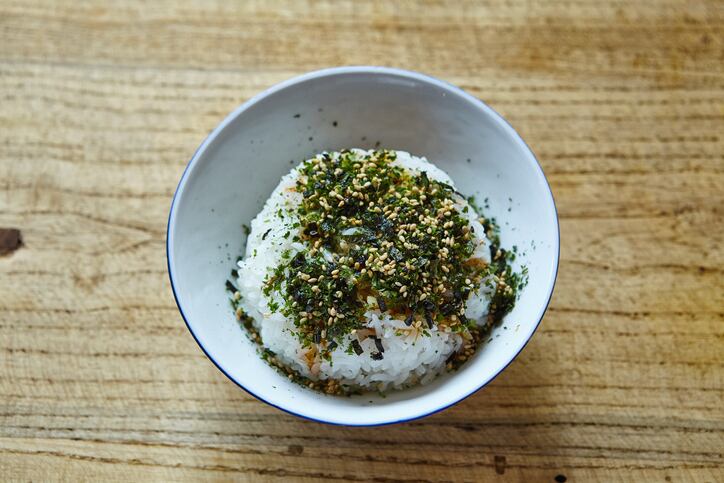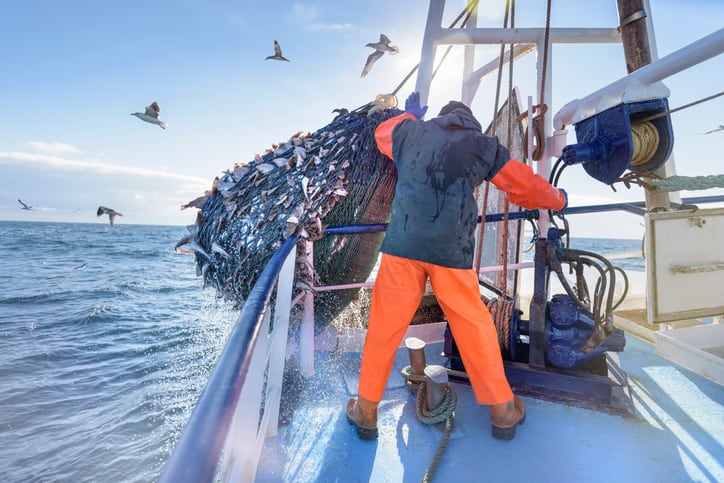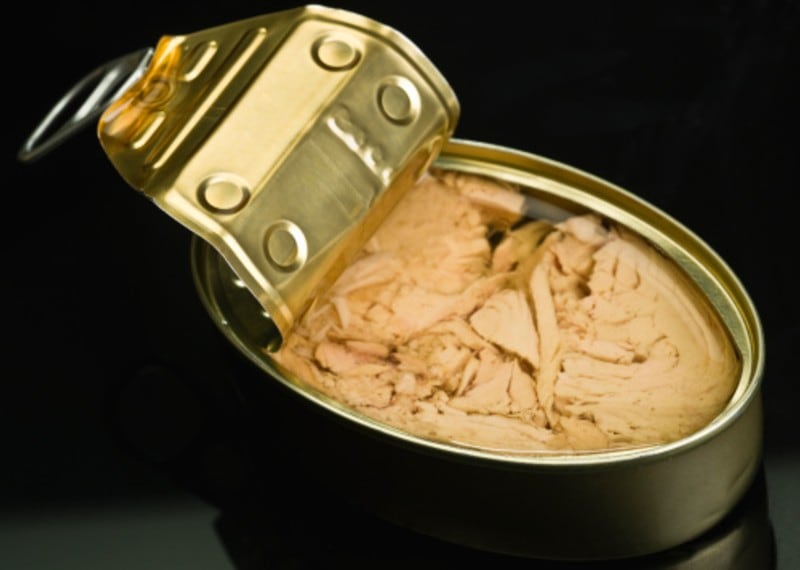Consumer demand for seafood is rising. The global seafood market is expected to reach a value of US$133.9 billion by 2026, up from $113.2 billion in 2020, according to research provider Global Industry Analysts.
In addition to purchase drivers like value for money and quality, shoppers are increasingly asking questions around the provenance and social responsibility of the seafood they purchase. This is leading to increased pressure to source seafood from ‘approved’ sources.
Rising demand coupled with the depletion of wild stocks from overfishing mean that aquaculture will play a key role within the seafood supply chain. This sector is expected to grow significantly. The FAO projects aquaculture will provide 60% of the world’s fish consumption by 2030, growing significantly from its current share of just over 50%.
However, the industry faces several challenges.
“Business as usual is not an option. To meet this growing need, the FAO urges the industry to catalyse change - to produce more nutritious food using fewer resources, emitting lower carbon dioxide emissions, and protecting ecosystems,” explained Dr Katerina Kousoulaki, Senior Researcher in Fish Nutrition at Nofima - Norwegian institute for applied research.
“There is a critical need to accelerate the global momentum around sourcing, scaling, and developing sustainable, alternative solutions for aquaculture and to address changing consumer behaviour.
“The current barriers to sustainability are really the acceleration and development of innovation – the aquaculture industry is growing rapidly and with rapid growth innovation and new solutions can often lag… Farmed salmon is a product with great success and must lead the way on the challenging road ahead for the aquaculture sector towards demanding future food markets,” she told FoodNavigator.
To this end, Nofima has launched the Millennial Salmon Project, an initiative bringing together partners across the value chain to accelerate the development of sustainable solutions for the future of farmed salmon.
With a €1.3m budget, the Millennial Salmon Project is primarily funded by the Research Council of Norway and made up of leading organizations, Nofima, InnovaFeed, Corbion Algae Ingredients, Cargill, SINTEF Ocean and Auchan.
“We believe these partners represent not only innovation but are major organizations across the value chain and can scale up new solutions within feed for salmon,” Dr Kousoulaki said.
Developing an ‘integrated solution’ for salmon farmers
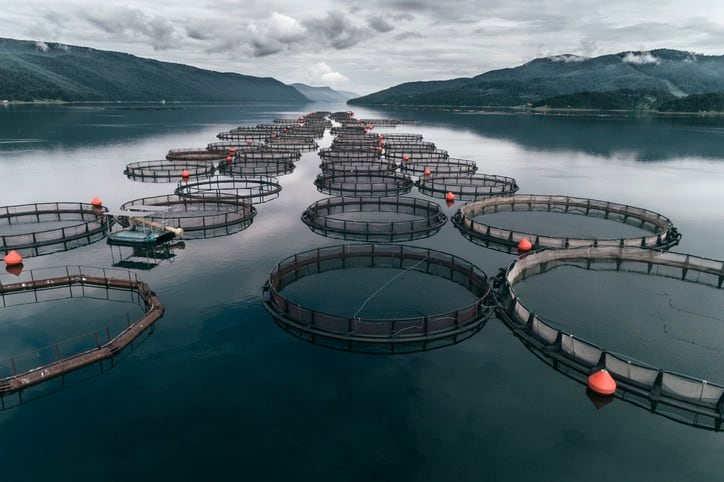
The goal of the four-year project is to create ‘the most sustainable-farmed salmon’ using novel ingredients from the circular economy, with a low carbon footprint.
The project will study two alternative feed ingredients – protein-rich, insect-based feed ProtiNova from InnovaFeed, and algae-based omega-3s, AlgaPrime DHA from Corbion.
“I consider that microalgae and insects grown in adequately large scale and in a circular economy manner are among the most promising alternative resources of nutritious proteins and health promoting marine omega 3 lipids that can support the sustainable growth of fish farming,” Dr Kousoulaki told us. “As there is a lack of sustainable omega-3 sources and protein sources in high volumes, I believe innovations like these utilizing side stream energy and nutrient biomasses have great potential.”
The study will test the levels that are required to optimize the physical and nutritional needs of salmon, discover the practical and functional properties of both alternatives, as well as demonstrate the environmental and societal aspects of the suggested innovations. SINTEF Ocean will be conducting a life cycle analysis of the resulting Millennial Salmon feed.
The partners also want to address what they call ‘millennial principles of life’. Dr Kousoulaki elaborated: “The Millennial Salmon Project also addresses changing consumer behaviours and tastes, which are based on the following principles – living healthy; leading a purposeful life; trusting peers; and considering their societal and environmental impacts.”
Preserving finite land and marine resources
So, what will the farmed salmon of the future look like?
The Millennial salmon will be a healthy product for the consumer, but also a healthier farmed animal, fed with and grown with higher levels of omega-3s derived from microalgae, the project partners believe.
“Our aim with the Millennial Salmon Project is to create the next generation of farmed salmon that is more sustainably sourced, fed, produced, and distributed without compromising on quality of product, welfare, and health of salmon,”
“There are innovations in several areas such as fish health, production systems etc. However, much of the innovation in the farmed salmon of the future comes down to feed and finding new alternatives to soy, fish meal and fish oil – which currently utilizes finite land and marine resources.
"This project is one critical piece to pave the way for a healthier and more sustainable salmon. We are pleased to collaborate with leading organizations across the value chain. By joining forces, we are accelerating the innovation in the sector to find new solutions to increase the flexibility in the choice of sustainable raw materials for future fish feed.”

